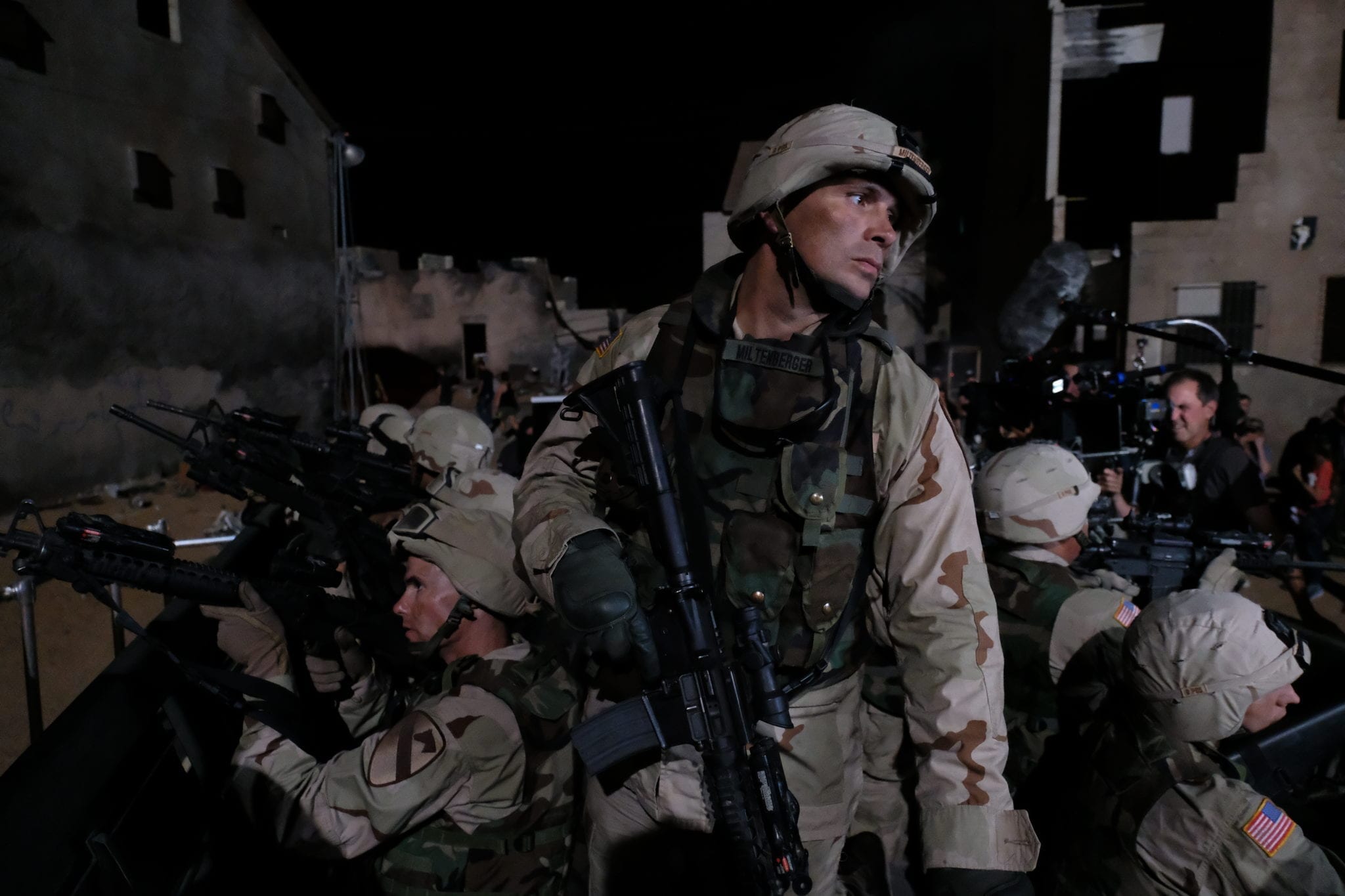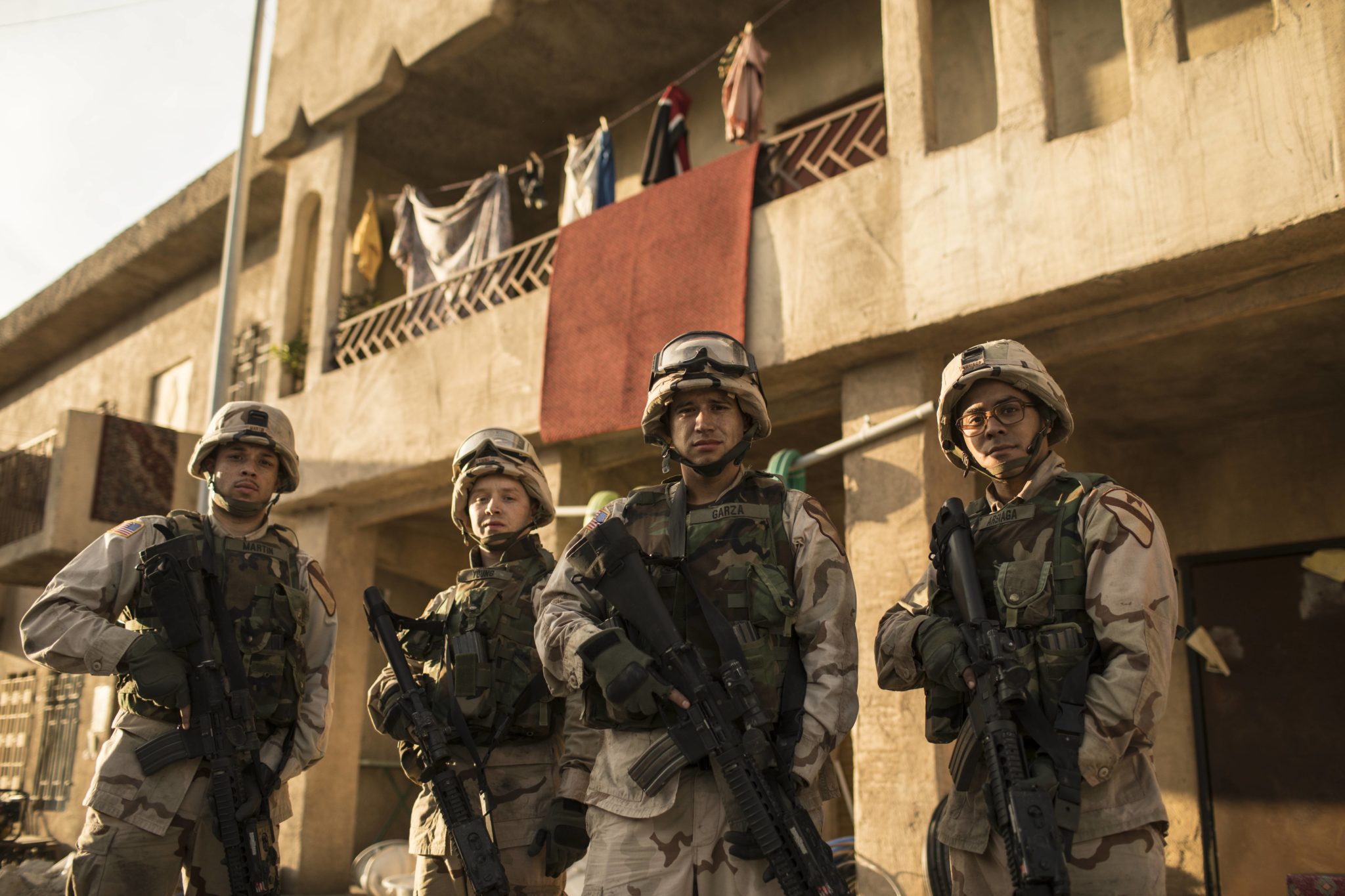
The Long Road Home: Lessons Learned
The First Calvary’s deployment wasn?t ?one battle and you get to go home;’ it was ?stay until the mission is complete, then go home.?

The First Calvary’s deployment wasn?t ?one battle and you get to go home;’ it was ?stay until the mission is complete, then go home.?

The First Calvary Division from Ft. Hood TX was on a basic peacekeeping mission in Iraq in 2004?the city they were placed in, Sadr City, had been incident-free for nearly a year. Then Black Sunday occurred.